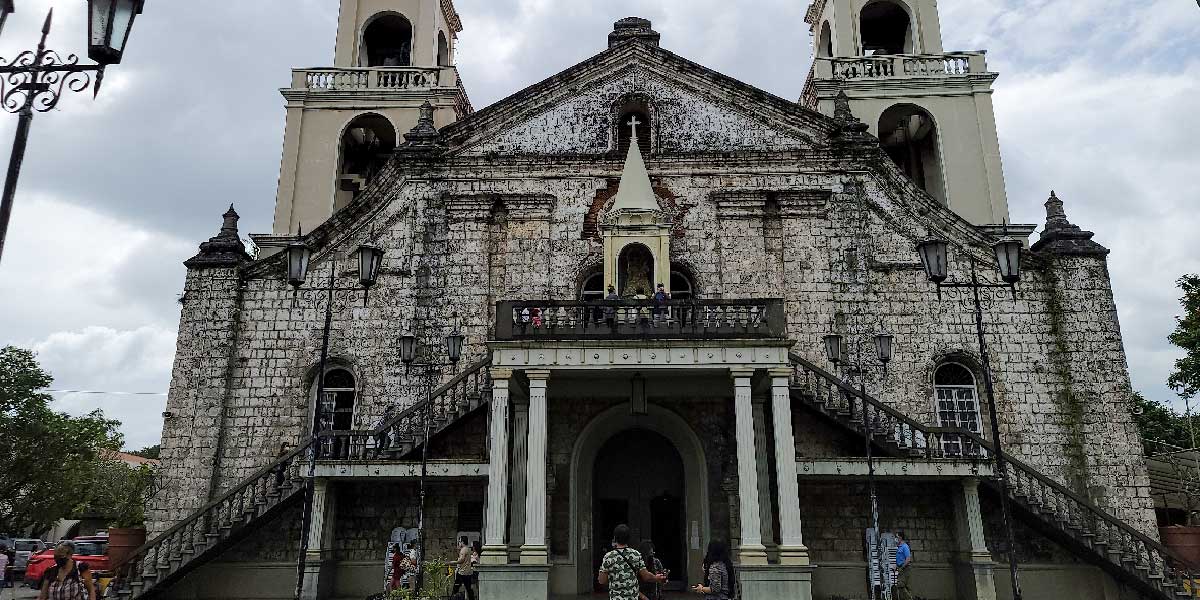By Alex P. Vidal
“I am convinced, the way one plays chess always reflects the player’s personality. If something defines his character, then it will also define his way of playing.” —Vladimir Kramnik
IN what could be his biggest-ever achievement since campaigning in the United States after surviving the 2013 superstorm “Yolanda” in Leyte in the Philippines, Mario Lawsin Rebano chalked up a kingsized victory by being crowned the 2024 World Open U-2000 chess champion in Philadelphia, Pennsylvania July 7.
“I offer this victory to my fellow Filipinos, especially the people of Tacloban City (Leyte’s highly urbanized city) and all victims of calamities like me,” beamed the 57-year-old chess champion, who bested 226 players in the category for those rated 2000 and below.
The Filipino civil engineer, who left Brgy. Sagkahan 63 in Tacloban to live in New York, started hot in the 9-round Swiss System tournament that offered a top prize of $12,000 (Philippine Peso 705,000) by romping off with six points in the first six rounds.
Rebano (1967 US rating) played Caro-Kann Defense and was slowed down with a draw in Round 7 against Russia’s Stephan Kalinichev (1864 US rating) but hiked his output to 6.5 points entering the crucial last two rounds.
-o0o-
“I sensed Kalinichev was having a running nose and had a difficulty swapping bombs with my Caro-Kann repertoire, but I didn’t want to put him away because I thought I was safe with two rounds left in the tournament, thus I agreed for a draw,” Rebano recalled.
In 8th round, Rebano was pitted against highly regarded fellow Filipino Jan Vincent Paragua (1960 US rating), head coach of the US representative on the FIDE World Cadets Chess Tournament, whom he blasted in Pirc Defense for another full point to vault on top with 7.5 points entering the 9th and last round.
Paragua, brother of Filipino Grand Master and Olympian Mark, incurred his lone defeat and settled for solo 6th place.
In the last round, Rebano, a national master (NM) in the Philippines, employed another Caro-Kann Defense Panov variation, but could not nail the win against the dangerous Russian Dimitry Gorelik (1897 US rating) and settled for draw.
“I trained hard and played with young chess players in Queens trained by Michael Ocedo (a Filipino chess trainer). Two weeks before the World Open, I stopped playing and just relaxed,” disclosed the undefeated Rebano, who walked away with 8 points to annex the U-2000 title in the tournament held from June 26 to July 7, 2024.
-o0o-
In a heartbreaking development, what could have been a double celebration for the 2024 World Open chess Philippine contingent turned into nightmare for Vincent Umayan (2170 US rating), a United States Chess Federation (USCF) master from Davao, who lost his last match in the Under-2200 category to finish solo 5th place with 7 points.
Like Rebano, Umayan was undefeated entering the last round and needed only a draw to pocket the Under-2200 championship.
“It was a heartbreaking loss for Umayan because his opponent (Kamran Rawshani, 2176 US rating) was two pieces down but managed to promote his pawn into queen,” narrated Rebano, who described the match as “tension-filed and thrilling.”
Umayan scorched six opponents and drew two matches good for $750 before succumbing to Rawshani, who bankrolled the $12,000 top prize.
-o0o-
THE United States and Philippines’ Agreement for Cooperation in Peaceful Uses of Nuclear Energy (or “123 Agreement”) entered into force effective July 2, 2024.
The Agreement will enhance the two countries’ cooperation on clean energy and energy security and strengthen long-term bilateral diplomatic and economic relationships.
Energy security is an increasingly critical global challenge requiring deliberate collaborative efforts, and together the two countries can make a significant contribution to our shared clean energy goals. “Nuclear energy can help achieve these vital global climate change and energy security targets, and we look forward to exploring new avenues of cooperation with the Philippines in civil nuclear energy and other clean energy initiatives,” said the U.S. Department of State in a statement.
“This Agreement builds on the nearly 80 years of peaceful nuclear cooperation between our nations and establishes a framework for continued U.S. civil nuclear trade with the Philippines. This Agreement is part of broader U.S. efforts to develop the Philippines’ civil nuclear sector.
“Creating a safe, secure, and modern sector requires a skilled workforce, robust regulations, and strong commercial partnerships. Our government is committed to working with the Philippines to advance each of these areas and we look forward to further building our partnership together.”
Civil nuclear cooperation agreements, also known as 123 Agreements, provide a legal framework for exports of nuclear material, equipment, and components from the United States to another country.
The Agreement provides a comprehensive framework for peaceful nuclear cooperation with the Philippines based on a mutual commitment to nuclear nonproliferation.
It will permit the transfer of nuclear material, equipment (including reactors), components, and information for nuclear research and civil nuclear energy production.
(The author, who is now based in New York City, used to be the editor of two daily newspapers in Iloilo.—Ed)




















